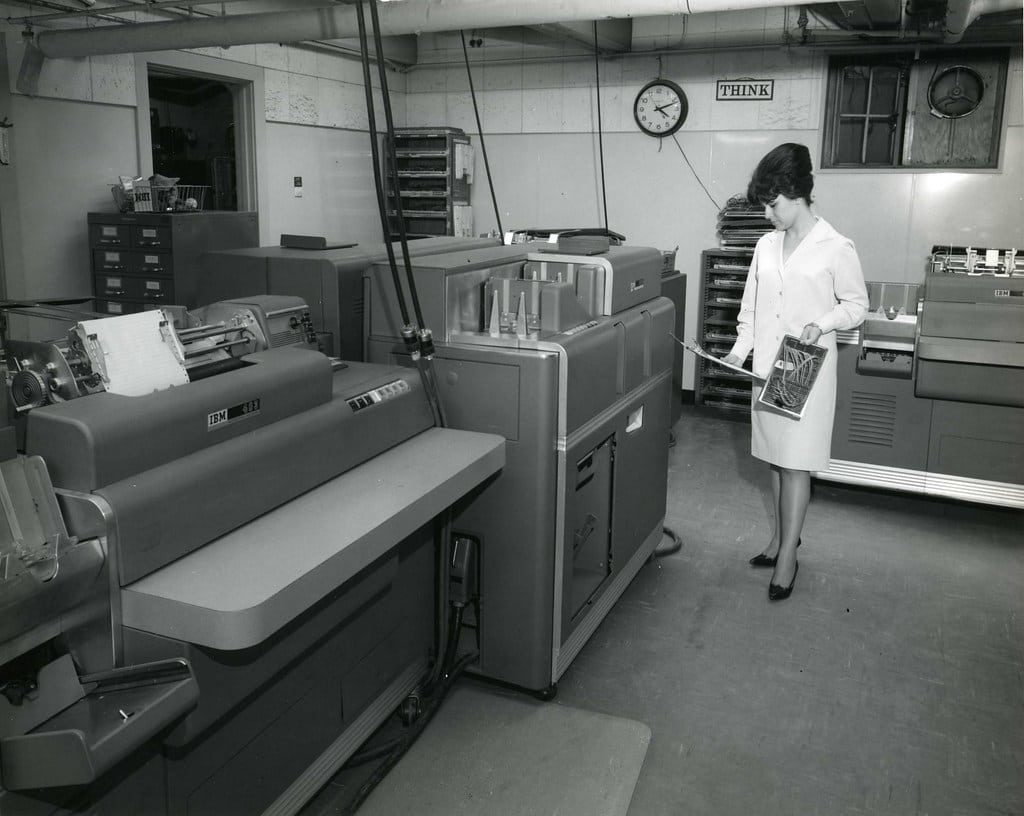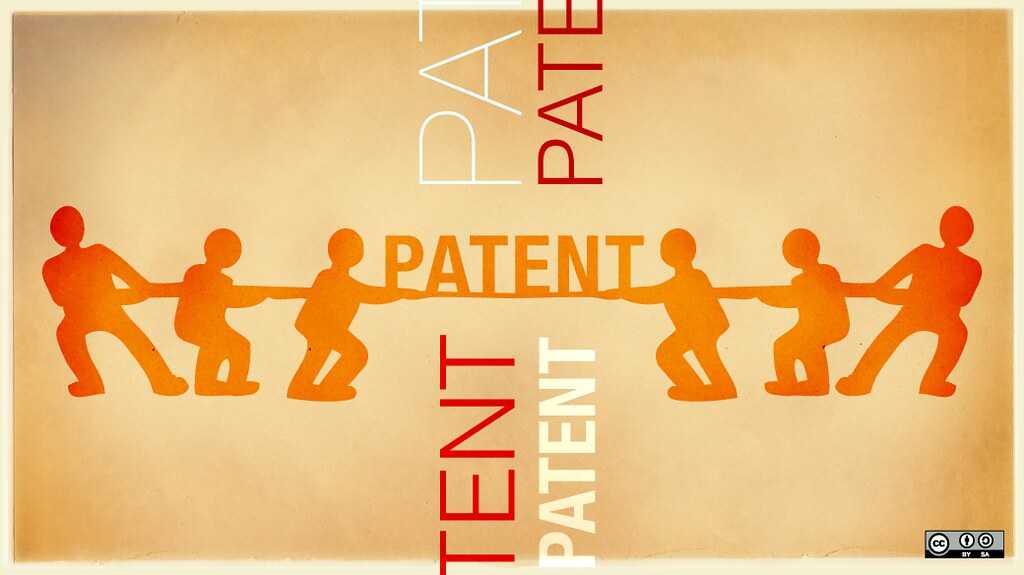
Patent Law: What is Rejection for Double Patenting?
In the U.S., patents are issued by the U.S. Patent and Trademark Office (“USPTO”). When a patent application is submitted, the USPTO will assign a patent examiner to the application. In general, the patent examiner is tasked with ensuring that the patent application meets the legal requirements. If the legal requirements are NOT met, then […]
Read more about Patent Law: What is Rejection for Double Patenting?







